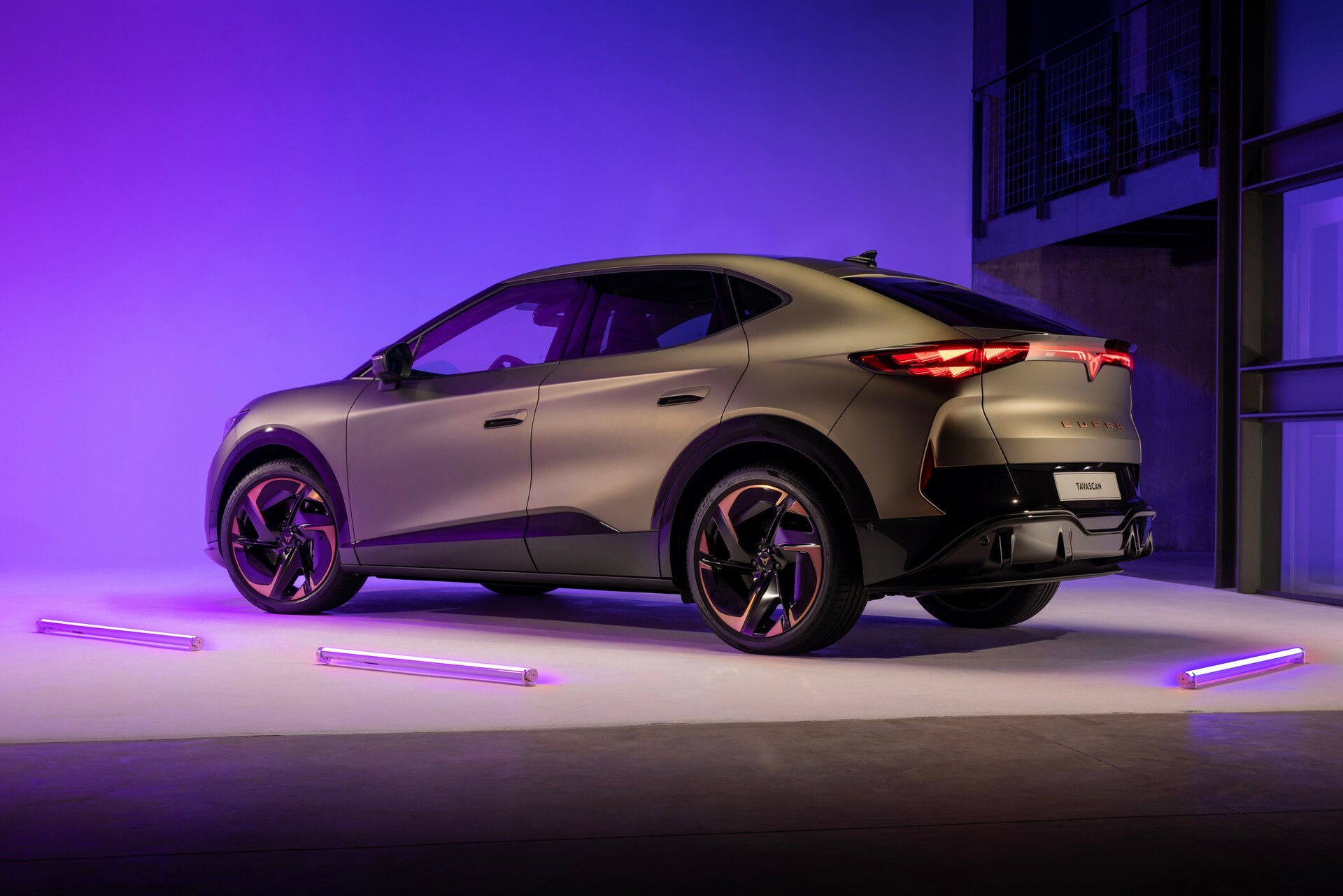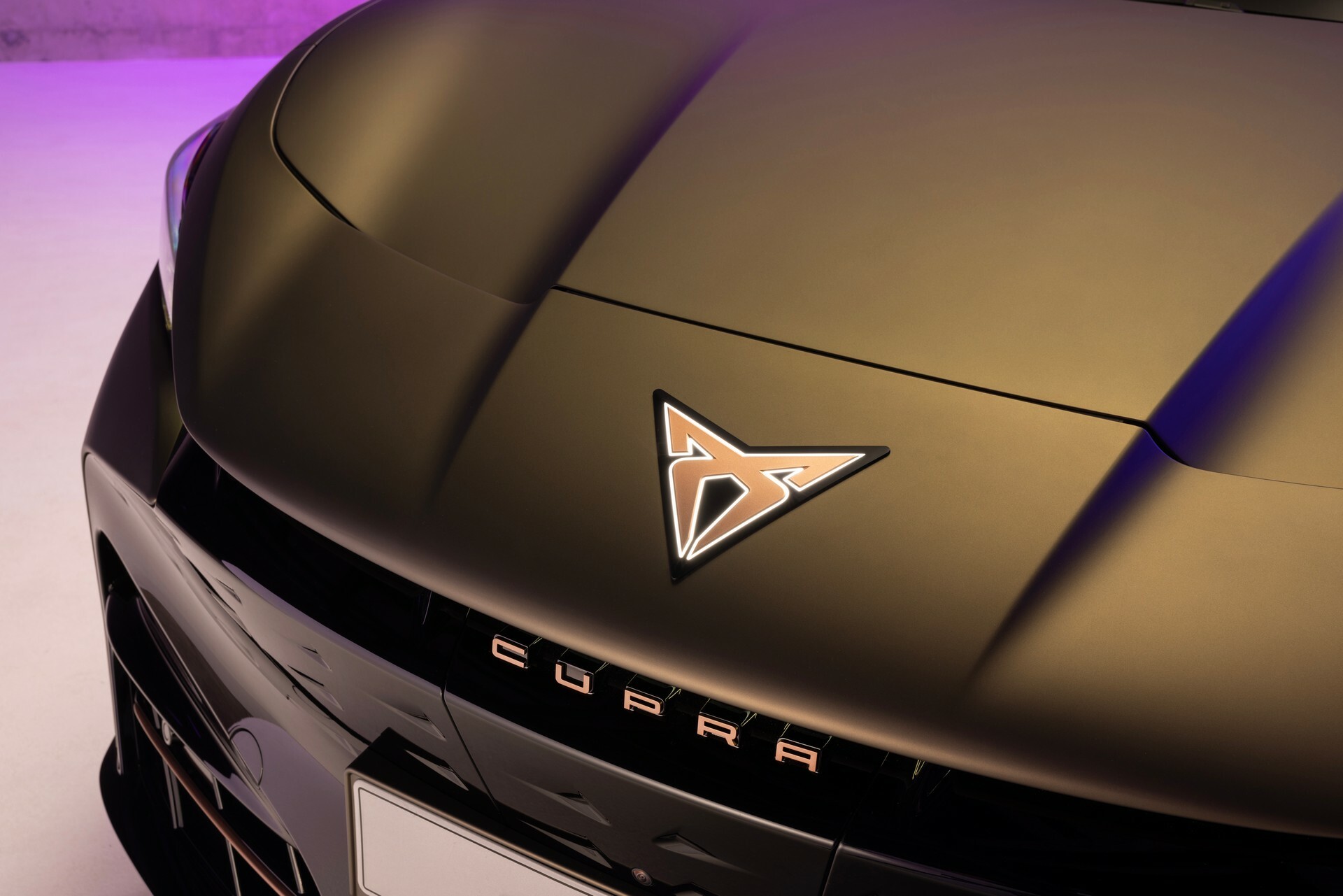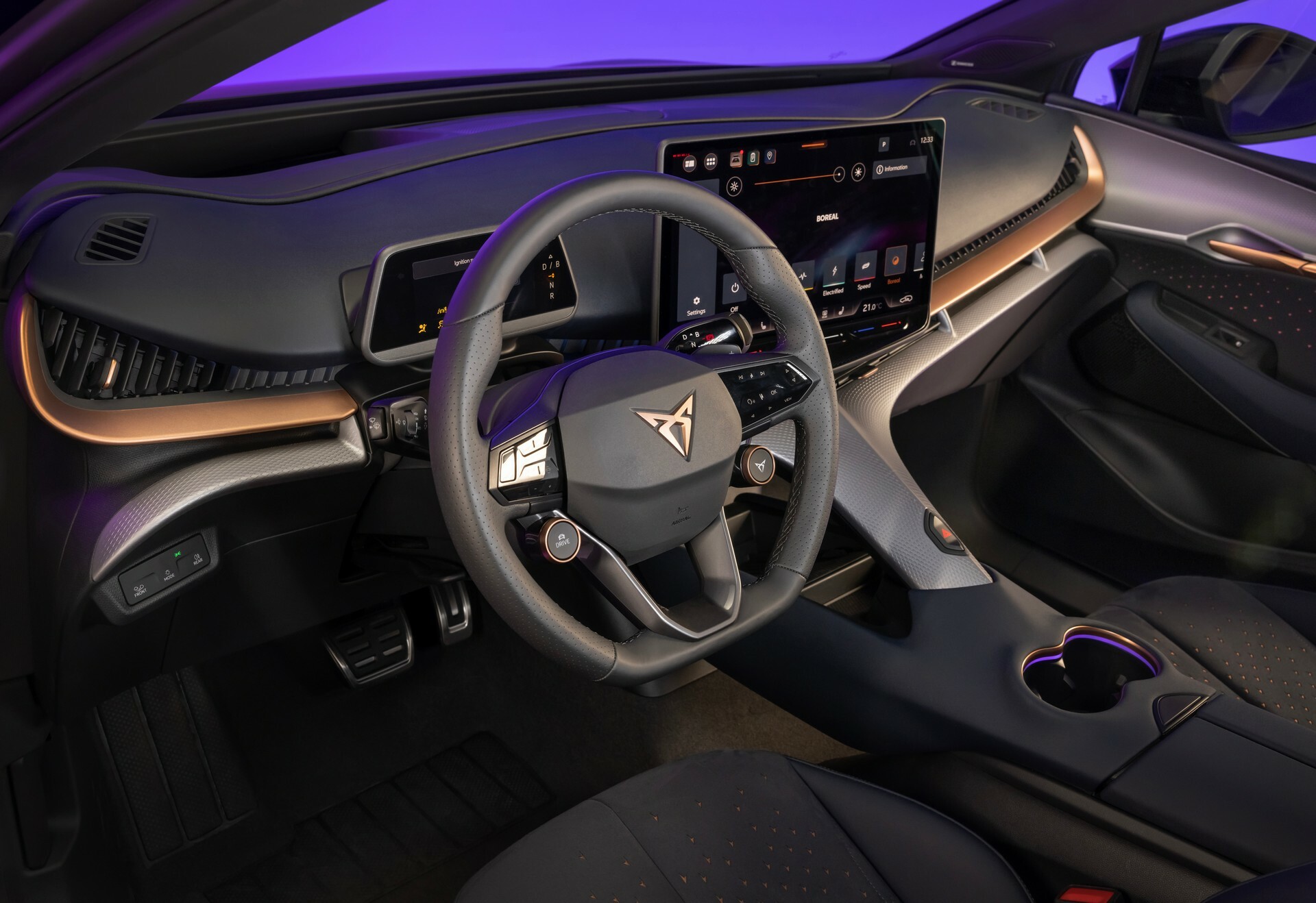- The European Commission is considering lowering the tariffs on the electric Mini and Cupra Tavascan imported to the continent from China.
- Both cars were automatically hit with the maximum 37.6 percent tariff but that could be reduced to 20.8 percent if BMW and VW are reclassified as cooperating with the EU probe into subsidies.
- Some German automakers, including BMW, do not support the tariffs because of fears China will retaliate.
The EU is considering drastically reducing the heavy tariffs applied to a pair of models built by BMW and VW in China and imported to Europe, but one of those carmakers thinks lawmakers should scrap the tariff system altogether for an entirely different reason.
BMW’s new electric Mini and VW-owned Cupra’s Tavascan are both produced in plants in China and have been subject to the maximum 37.6 percent tariff since the new rules came into force in early July. But a Reuters source claims the European Commission is willing to virtually half the tariff to 20.8 percent for both cars.
Related: Chinese EV Brands Grow Globally In The Face Of EU And US Tariffs
The Commission’s tariffs operate on a sliding scale. BYD’s cars escape with a relatively light 17.4 percent, because it cooperated with the investigation and was judged to receive less state aid than some other automakers. SAIC, however, the parent company of MG, was slapped with the maximum 37.6 percent rate in part because it didn’t cooperate.
But the investigation didn’t deal with every single car built in China and imported to Europe, and those that weren’t covered, like the Mini and Tavascan, were automatically given the harshest penalty. Reuters claims the EU is willing to reclassify BMW and VW as cooperative parties and reduce their tariffs to 20.8 percent.
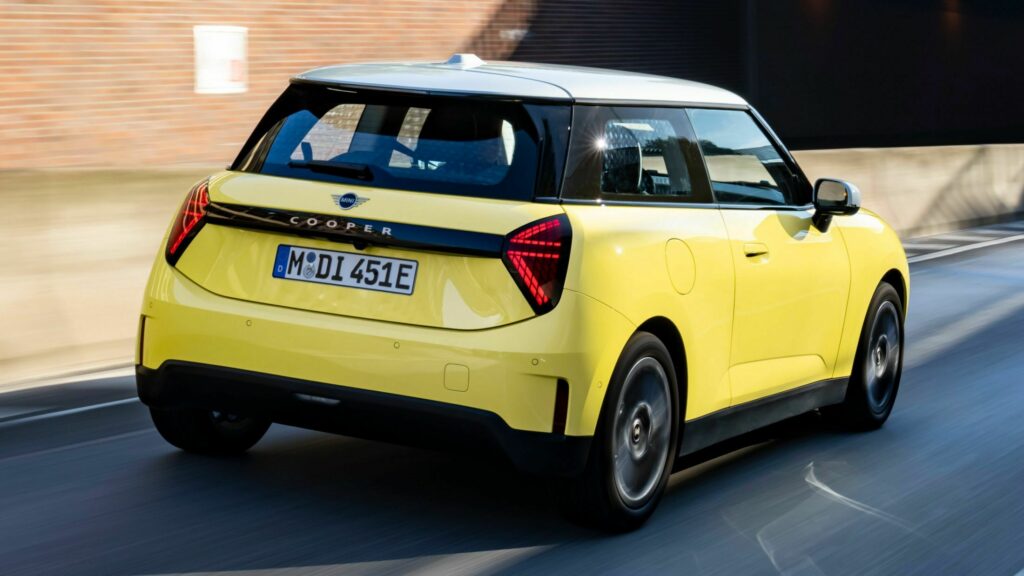
How it arrived at that figure isn’t yet clear, but if both are now judged to be cooperative, the fact that neither enjoys tariffs as low as BYD suggests that each firm receives financial help from the Chinese state. The Commission’s report published earlier this month explained that state aid came in a variety of forms including cheap loans, discounted land and subsidised batteries.
Ironically, BMW is one German car brands who has opposed the tariffs, and not because they make importing its own China-built cars to Europe more expensive. A bigger concern is that China could retaliate, making lucrative exports from Europe to the country far less profitable. German automakers generated one third of their overall sales in China last year, Reuters reports.
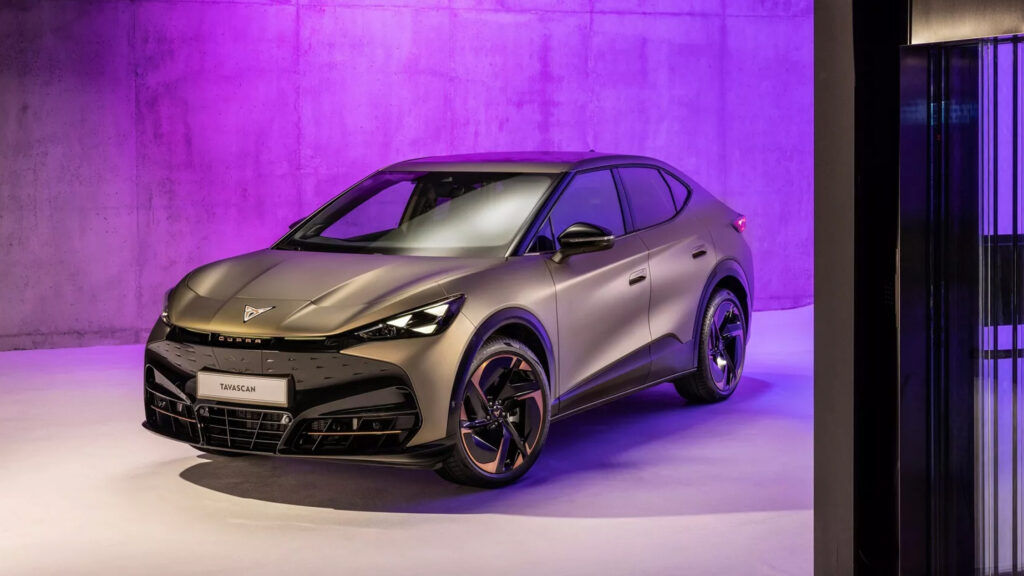
EU member states are also split in their attitude to the merits of the tariffs. Though the duties took effect from July 4, they’re only provisional for the first four months, and the Bloc must still vote on whether to make them more permanent. In a recent provisional vote by the 27 EU member states, 12 came out in support of the tariffs, four voted against and 11 abstained, Reuters sources say.
That would still be still be enough to make the policy law if members vote the same way later in the year, but it reveals a lack of unity on the topic of how to deal with the economic threat posed by China’s rapidly expanding auto industry.









